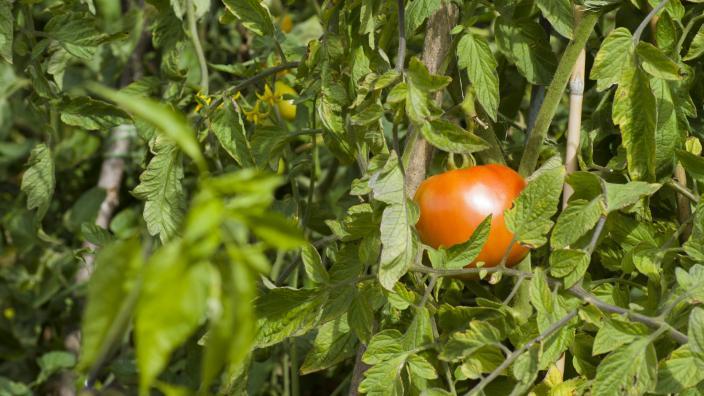This research, conducted by UMD's Geospatial Analysis Center, examined the agricultural landscape of a fifteen-county area in Northeast Minnesota and Northwest Wisconsin, including its capacity to provide food for the regional population. The project included ethnographic interviewing, geographic information systems data development and analysis, and community economic analysis.
The outcomes of this work provided a research-based assessment of the current food system, including community supported agriculture, livestock producers, wild food harvesters and commercial growers. A "regional pattern" diet was conceptualized and used to analyze the impact that a shift to eating local foods would have on the collective physical and economic health of the region in contrast to the standard American diet.
The producers and supporters collaborating in this effort emphasized that information about the capacity of this region to produce food and to meet consumer needs is vital to integrate local food systems into the long-term sustainability of this region.
The report addressed questions such as:
- How much of the food we eat is produced locally?
- How much food could be produced locally?
- How much food from this area is shipped out of our region?
- What would be the effects of keeping our food local instead of shipping it out of our region?
- Would growing, processing, and eating more food, produced locally, increase or decrease local job numbers?
To read the final research report, click here.
